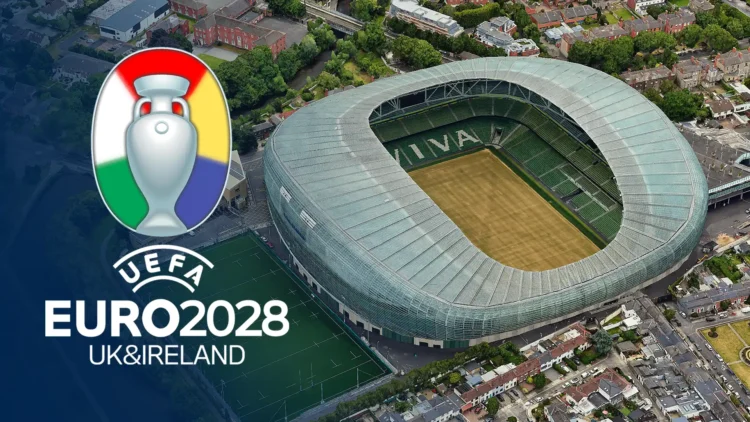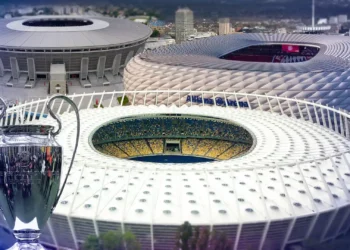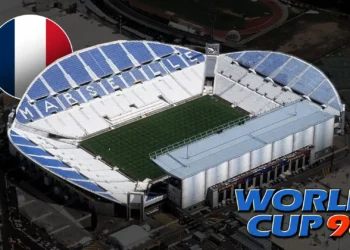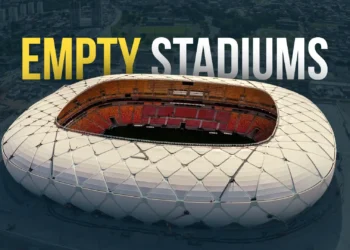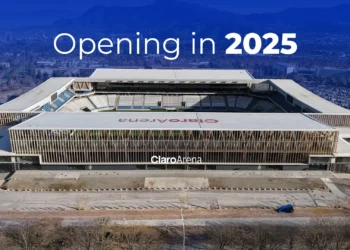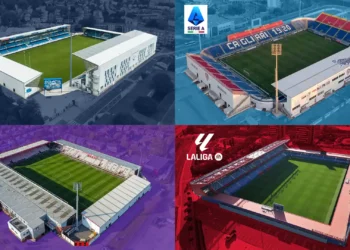The UEFA Euro 2028 Championship will be hosted across the UK and Ireland, bringing Europe’s biggest international tournament back to some of the most iconic stadiums in world football. Ten venues have been selected, ranging from historic giants like Wembley to brand-new builds in Belfast.
Here’s your complete guide to the 10 Euro 2028 host stadiums — their capacities, key features, and what makes each venue special.
1. Wembley Stadium (London, England)
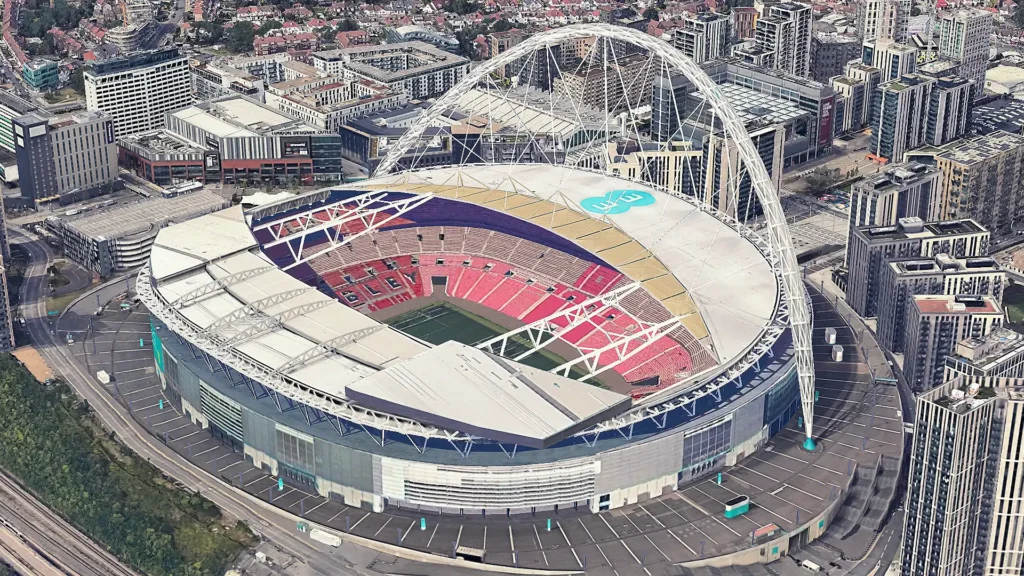
- Capacity: 90,000
- Why chosen: The home of English football and already a proven venue for major finals, including Euro 2020 and the 2012 Olympics.
- Likely role: Expected to host the Euro 2028 final and other high-profile knockout games.
2. Tottenham Hotspur Stadium (London, England)
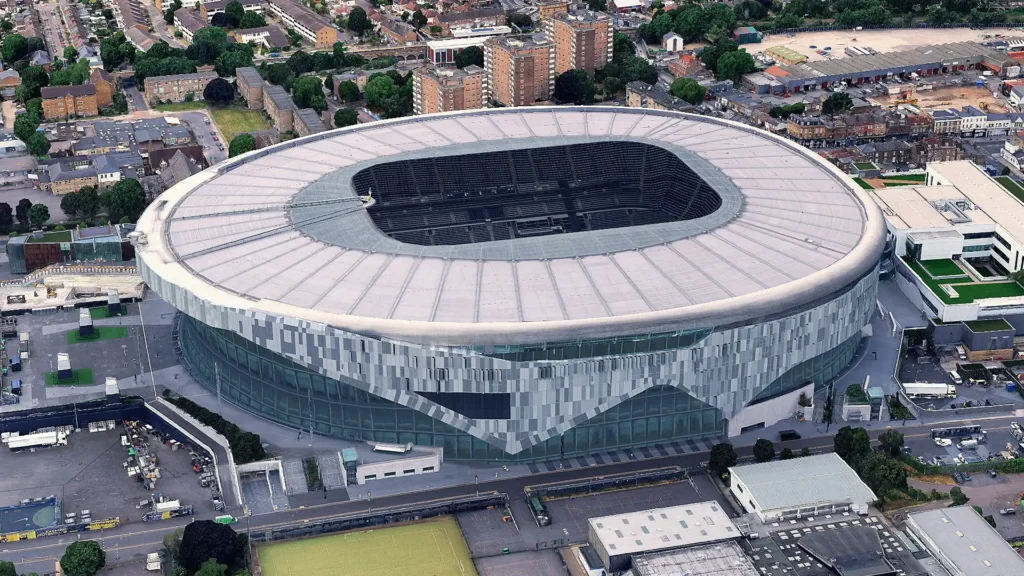
- Capacity: 62,850
- Why chosen: One of the most modern stadiums in the world, featuring steep stands, retractable pitch, and state-of-the-art hospitality.
- Likely role: Group stage and knockout matches, possibly a semifinal.
3. Etihad Stadium (Manchester, England)
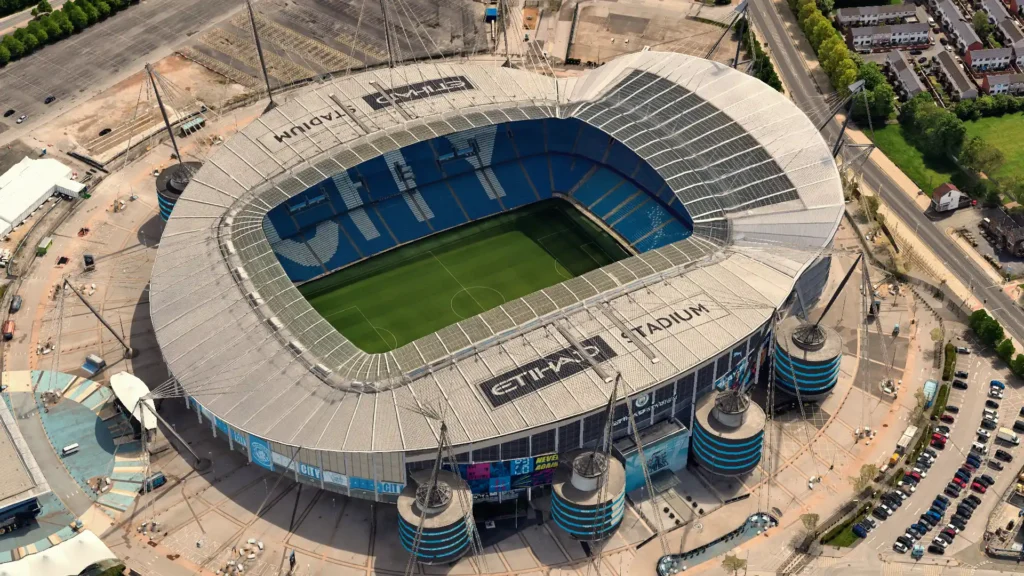
- Capacity: 61,000 (post-expansion)
- Why chosen: Home of Manchester City, undergoing expansion to surpass 60k. Known for world-class facilities and design.
- Likely role: Quarterfinal or semifinal candidate.
4. St James’ Park (Newcastle, England)
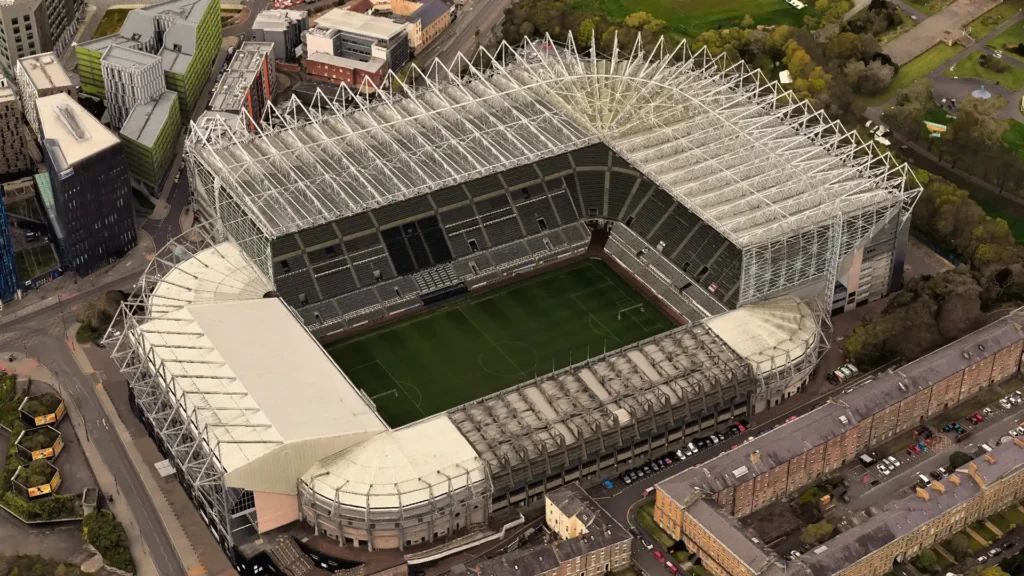
- Capacity: 52,000
- Why chosen: Northern powerhouse with passionate support and city-center location.
- Likely role: Group stage matches and possibly a Round of 16 game.
5. Villa Park (Birmingham, England)
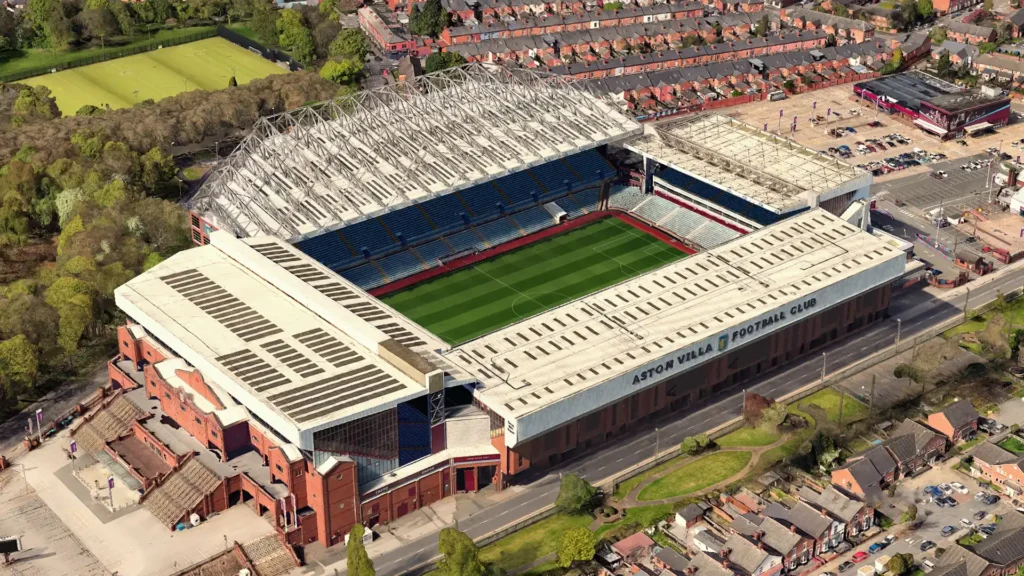
- Capacity: 52,000 (planned upgrade)
- Why chosen: Historic English ground, being modernized for Euro 2028 with seating expansion.
- Likely role: Group stage matches.
6. Principality Stadium (Cardiff, Wales)
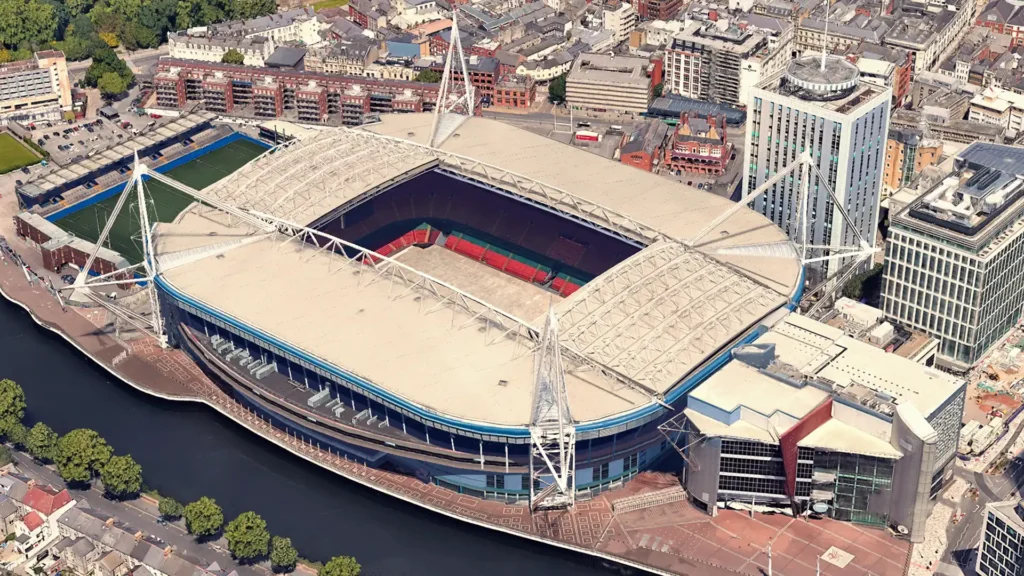
- Capacity: 74,000
- Why chosen: Wales’ national stadium, famous for its retractable roof and central location in Cardiff.
- Likely role: Big knockout games, possibly a semifinal.
7. Hampden Park (Glasgow, Scotland)
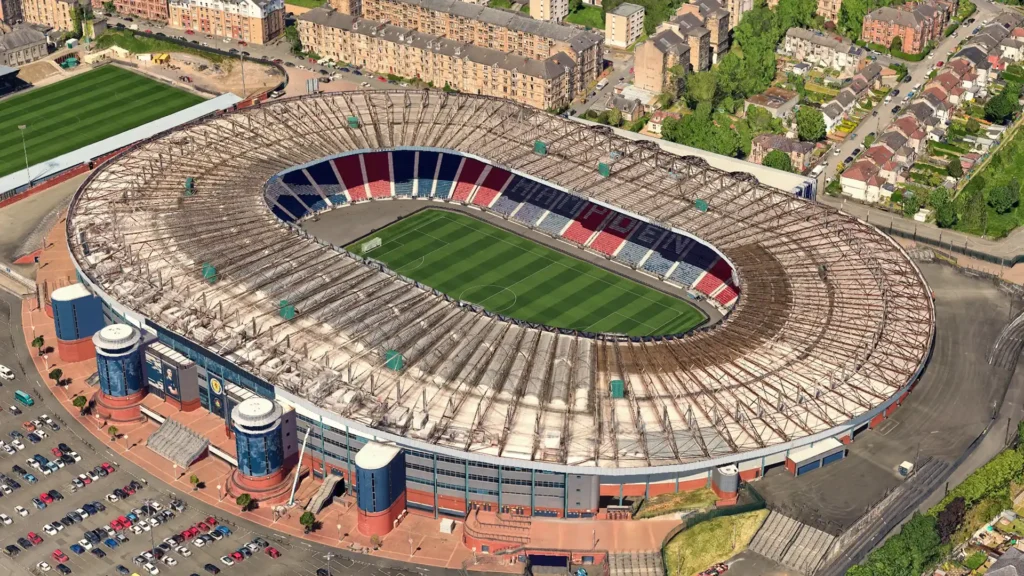
- Capacity: 52,000
- Why chosen: Scotland’s national stadium, a legendary venue with a rich Euro history (hosted games at Euro 2020).
- Likely role: Group stage and Round of 16.
8. Aviva Stadium (Dublin, Ireland)
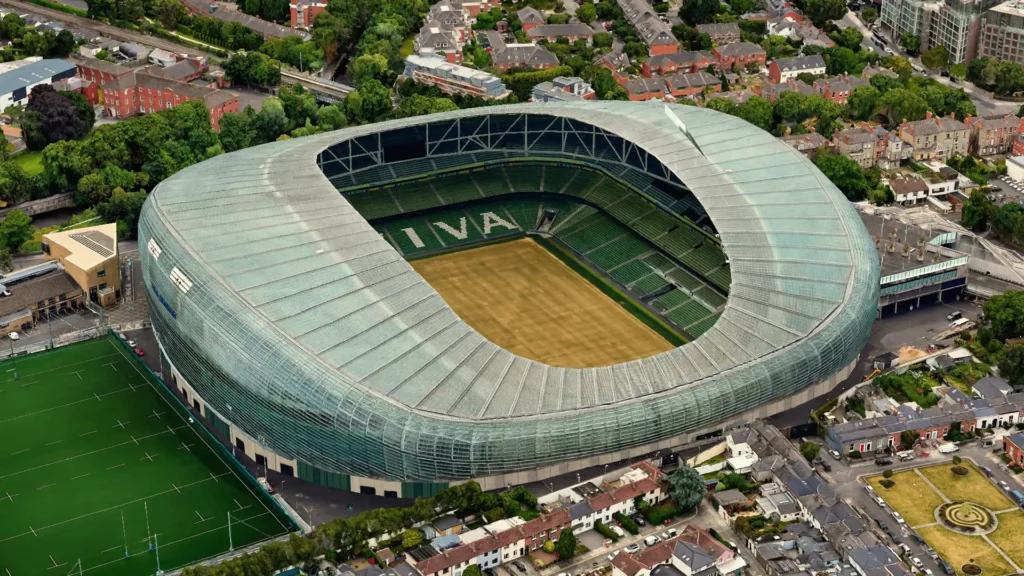
- Capacity: 51,700
- Why chosen: Ireland’s premier venue with a modern bowl design and excellent transport links.
- Likely role: Group stage and knockout matches.
9. Casement Park (Belfast, Northern Ireland) – New Build
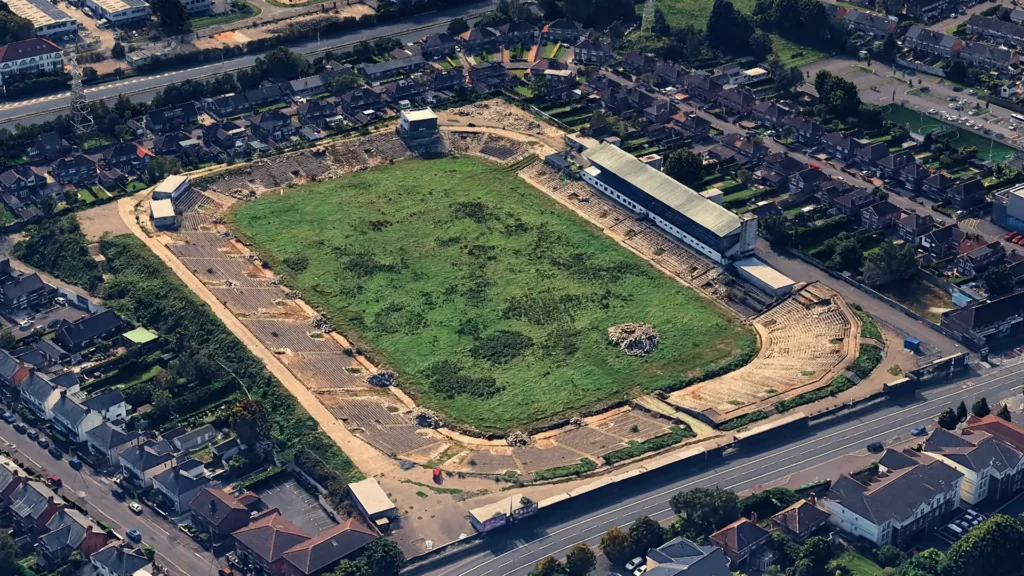
- Capacity: ~34,500 (planned)
- Why chosen: A brand-new venue currently under development, set to bring Euro 2028 to Belfast.
- Likely role: Group stage matches.
10. Bramley-Moore Dock Stadium (Everton Stadium, Liverpool, England) – New Build
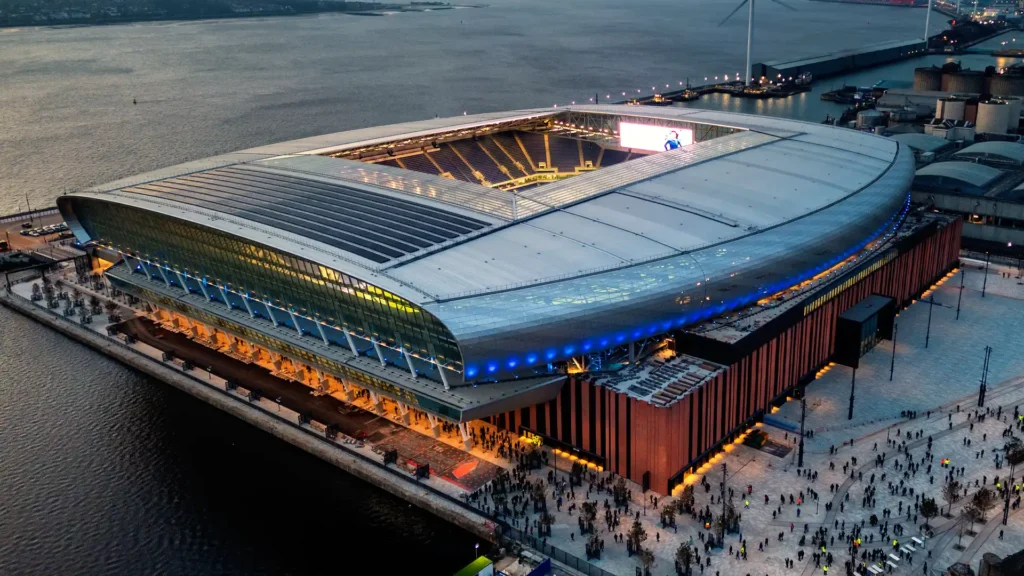
- Capacity: 52,888
- Why chosen: Everton’s future home, currently under construction at Liverpool’s waterfront.
- Likely role: Group stage and Round of 16 matches.
What Makes Euro 2028 Unique?
- Multi-nation hosting: First time five football associations (England, Scotland, Wales, Northern Ireland, Ireland) co-host a Euros.
- Iconic mix: Combines historic venues like Wembley and Hampden with brand-new builds like Casement Park and Everton Stadium.
- Fan accessibility: Compact geography and strong transport links make it one of the most fan-friendly tournaments ever.
Euro 2028 will showcase football in the UK and Ireland at an unprecedented scale, with 10 host stadiums combining tradition, innovation, and football passion. From the majesty of Wembley to the new horizons of Belfast and Liverpool, this tournament promises an unforgettable stadium experience for fans worldwide.

